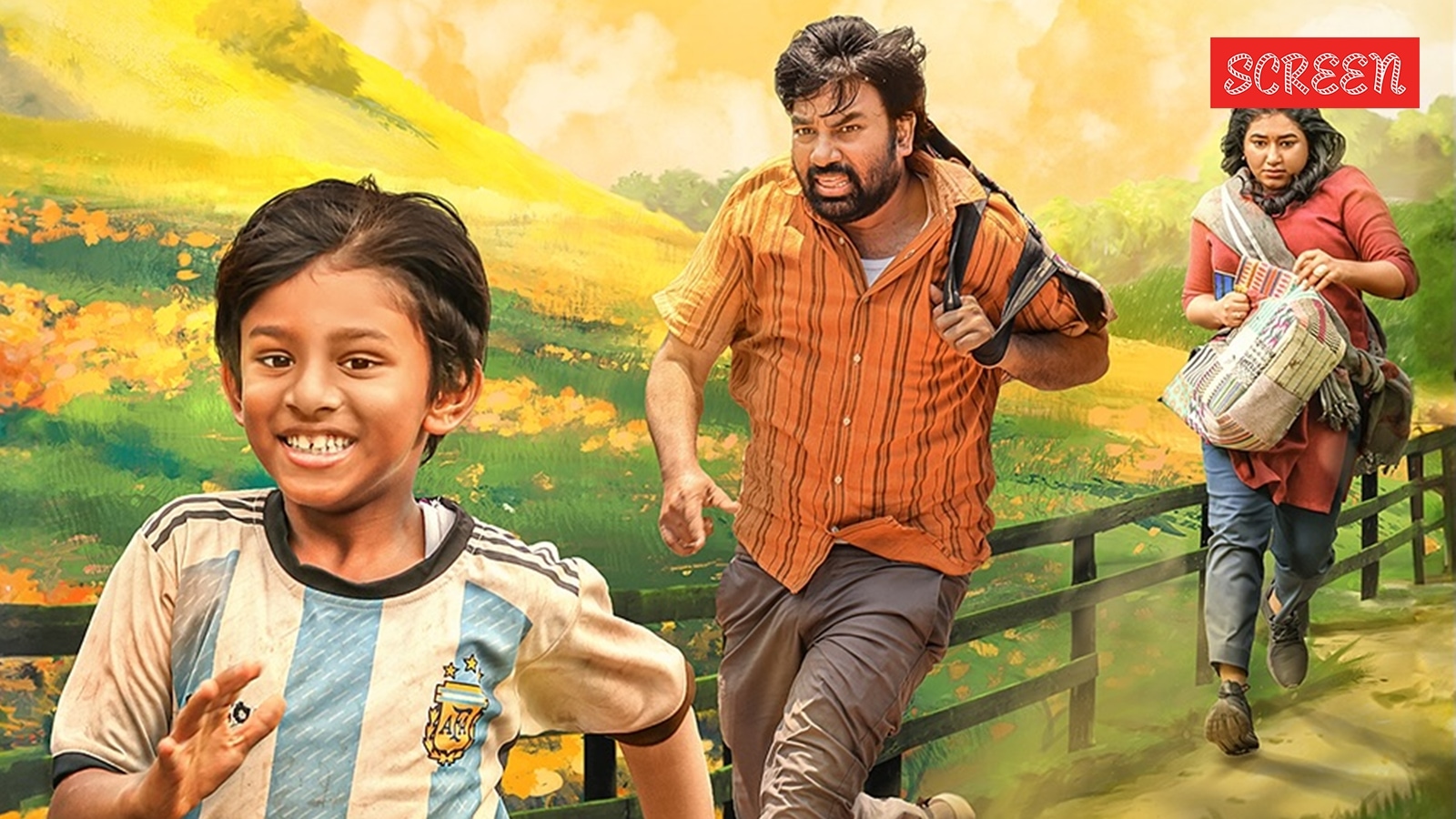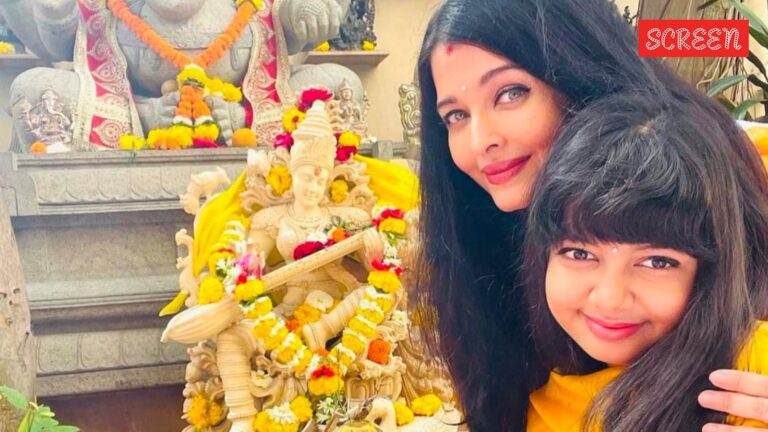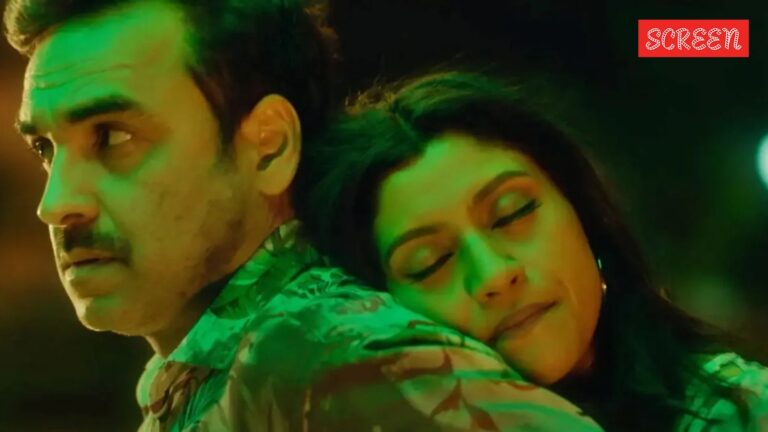Paranthu Po movie review: Is it just me, or has there suddenly been a surge, at least on screen, of annoying kids whose only aim seems to be making the lives of the adults around them miserable? It appears filmmakers have all at once developed an affinity for these children who simply don’t know how or when to pipe down, and the only reason they aren’t put in their place is because they’re little. Don’t get me wrong; I’m not referring to someone like Sarkeet’s Jeffron (Orhan), who is portrayed to have severe attention-deficit/hyperactivity disorder (ADHD). Nor am I implying or suggesting even remotely that kids need to be physically dealt with. But let’s be honest… had his parents and relatives been somewhat responsible — and as good at parenting as they were at reproduction — Nilan (Prageeth Sivan) in Maaman might have turned out at least a tad less annoying.
Although Anbu (Mithul Ryan) in Ram’s musical slice-of-life road comedy Paranthu Po (Fly Away) isn’t as grating as Nilan, there are quite a few moments in the film that could easily encourage, albeit indirectly, anyone considering having kids to reconsider. But where Ram succeeds is in his ability to not overtly glorify or look down on anything, and offer instead an unbiased depiction of the limitations and struggles of modern-day parenting, and how ill-equipped and unprepared many couples are to raise children, with all that they have being the desire to become parents.
For eight-year-old Anbu, life comprises the few hours he spends in a high-end school and the remaining hours within the walls of his small apartment in Chennai. With no friends, his only moments of happiness come when he sees his crush Jenna (Jess Sweejan) on screen during their online classes. A kid with a golden retriever soul, Anbu’s zoomies are mostly confined to his home, as both his parents, Gokul (Shiva) and Glory (Grace Antony), are employed and often have to leave for work, locking their little boy inside the apartment.
Though he has enough toys, including his favourite skateboard and a laptop to keep him occupied, Anbu wishes to spend more time outside and in the company of his parents, something they are unable to offer consistently, owing to their relentless efforts to make ends meet. But what makes the equation endearing is that both Gokul and Glory are aware of this and never try to justify their absence. Instead, they often feel guilty that they aren’t there for Anbu more, and frequently attempt to make up for the moments they’ve missed. But from a kid’s POV, it’s simply not enough, and you can’t blame them for that.
Watch Paranthu Po trailer here:
On a random day, when Glory is away in Coimbatore for work, Anbu and Gokul venture out, which ultimately turns into an impromptu road trip. The remainder of the movie follows the father-son duo as the silly tensions and differences of opinion between them lead them to unexpected places, where they meet some joyful souls, and learn life lessons that touch them all, including Glory, who is always just a call away from her husband and child.
In a way, it can be said that Paranthu Po is Ram’s gift to us to compensate for making us cry our eyes out watching Peranbu (2019). It’s almost like his attempt to rub ointment into the many wounds and scars the Mammootty-starrer left behind. Not only is there no dull moment in Paranthu Po, but even the instances when the characters get emotional are handled with such sensitivity and care that the film never veers into dramatic territory. To ensure this warm, gentle vibe, Ram sprinkles songs, crafted by Santhosh Dhayanithi and penned by Madhan Karky, throughout the movie that reminds one of nursery rhymes such as “Jack and Jill”, “Twinkle Twinkle Little Star”, “Baa Baa Black Sheep” or “Johny Johny Yes Papa”.
Even as the movie progresses, Ram ensures he doesn’t shift gears unnecessarily, maintaining the pace he established early on and letting the narrative unfold organically. Paranthu Po also demonstrates clearly that the writer-director, despite this being his sixth filmmaking venture, hasn’t lost connection with the grassroots. Instead of resorting to templated moments typical of slice-of-life films, he picks more mundane and far more relatable instances from the real lives of such middle-class families, which keeps the movie grounded. Even the interactions between characters are stripped of unnecessary cinematic or dramatic flourishes, and he adheres to the unique tone of Paranthu Po throughout without slipping.
Story continues below this ad
However, while this is indeed the movie’s strength, it also becomes its weakness at certain points, as the conflicts — predominantly stemming from Anbu’s adamant and restless nature — start to feel repetitive. For example, at the beginning itself, we see his tendency to run away and venture into the massive outside world to enjoy real-life experiences. It also shows that he doesn’t listen to his parents much and has a strong inclination to follow only his instincts. While this is cute at first, the repeated use of the same tropes becomes tiresome after a point, and one can’t help but feel sad and sorry for Gokul, who is forced to run around with his weak knee, chasing Anbu.
Although Ram manages to pull the narrative out of this somewhat monotony by bringing in Gokul’s old classmate from school, Vanitha (an extraordinarily brilliant Anjali), who was also his crush, along with her husband Gunasekaran (an impressive Aju Varghese) and their child, with whom Anbu forms a deep bond very quickly, such moments are scattered across the film. As a result, we are mostly just watching Gokul and Anbu, and a bit more effort from the filmmaker to eke out something more or venture into fresher territories would indeed have benefited Paranthu Po. As mentioned before, since the movie is filled with nursery rhyme-like songs such as “BTS”, “Yaarunu Theriyudha”, “Daddy Baddy”, “Daddy Romba Paavam”, “Anboda Serupa Kaanom”, and “Dino”, Ram could even have allowed Gokul and Anbu to break into silly, adorable dances once or twice, which would have worked greatly in the film’s favour. However, his overt attempts to stick to realism have cost him to some extent here.
Nonetheless, the movie is more or less like a gentle, warm hug to all young parents who are still figuring out their new roles, and to the kids of this era who are waiting for chances to fly away. In that regard, Paranthu Po works beautifully, thanks in part to exceptional performances by Grace Antony, Shiva and Mithul Ryan. Grace knocks it out of the park as Glory, brilliantly portraying her joys, sorrows, anguish and grief over her family’s resentment since she married a man of another religion. Cinema has time and again shown us that actors who excel at comedy will be equally talented in serious roles, and Shiva demonstrates this well. Although Gokul isn’t a very serious character, Shiva never allows his knack for exaggerated comedy to seep in. Instead, he uses his ability to deliver spontaneous humour with a straight face to great effect. Ram also deserves credit for not just entrusting Shiva with such a role, but for extracting the best from him as both an actor and a comedian. Considering that Anbu is a tricky character, where even a step overboard in terms of cuteness or annoying behaviour could have made him insufferable, Mithul also does a brilliant job, doing justice to the role.
NK Ekhambram’s cinematography and Mathi VS’ editing also contribute significantly to Paranthu Po’s overall quality. Although the songs are in tune with the tone of the movie, I personally felt that Ram could have toned them down a notch, as both the tracks and the background score often felt forced. Had he embraced ambient and atmospheric sounds a bit more, Paranthu Po could have been even more enjoyable. But that’s just me.
Story continues below this ad
Paranthu Po movie cast: Shiva, Grace Antony, Mithul Ryan, Anjali, Aju Varghese, Vijay Yesudas
Paranthu Po movie director: Ram
Paranthu Po movie rating: 3 stars

























